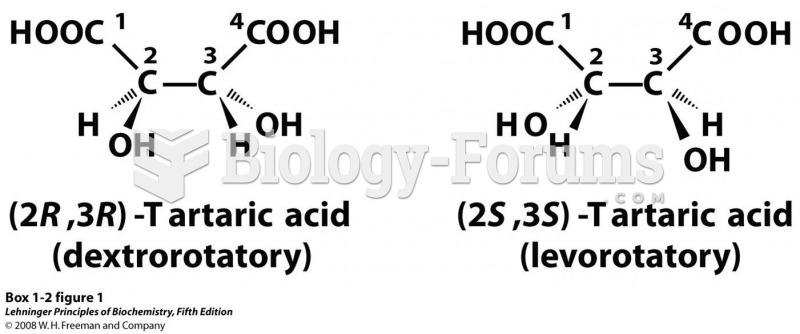|
|
|
The heart is located in the center of the chest, with part of it tipped slightly so that it taps against the left side of the chest.
Patients should never assume they are being given the appropriate drugs. They should make sure they know which drugs are being prescribed, and always double-check that the drugs received match the prescription.
Disorders that may affect pharmacodynamics include genetic mutations, malnutrition, thyrotoxicosis, myasthenia gravis, Parkinson's disease, and certain forms of insulin-resistant diabetes mellitus.
In most cases, kidneys can recover from almost complete loss of function, such as in acute kidney (renal) failure.
Most childhood vaccines are 90–99% effective in preventing disease. Side effects are rarely serious.
 Vasectomy. (a) Vas deferens is located within the spermatic cord on both sides. (b) A small incision
Vasectomy. (a) Vas deferens is located within the spermatic cord on both sides. (b) A small incision
 Two lymphocytes that are reactive in a 19-year-old college student with infectious mononucleosis. ...
Two lymphocytes that are reactive in a 19-year-old college student with infectious mononucleosis. ...





